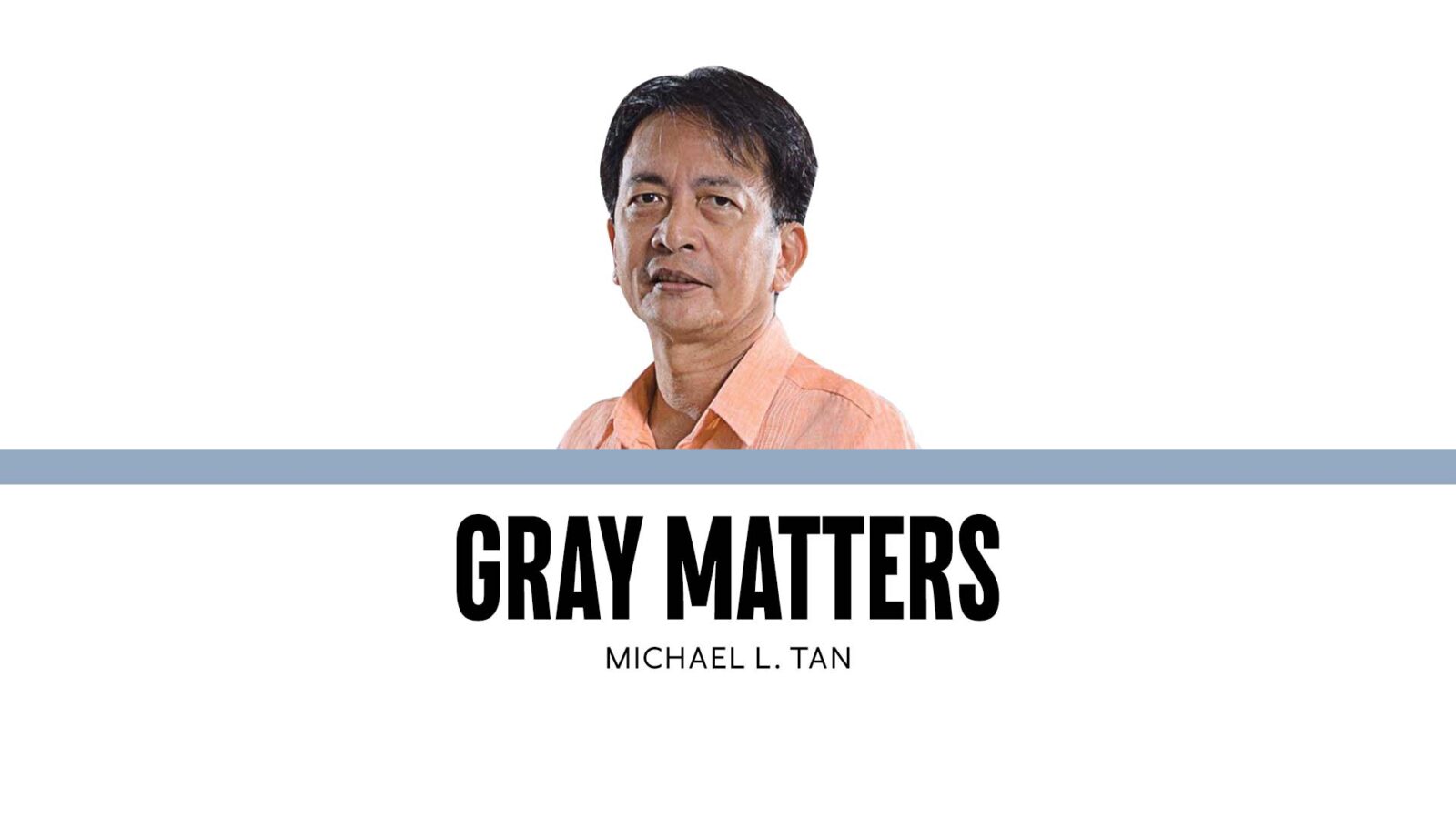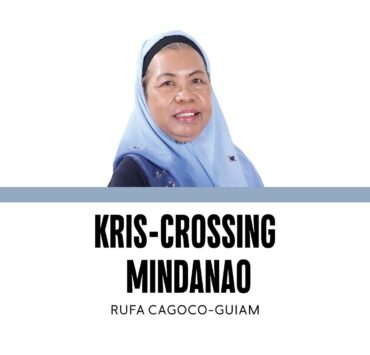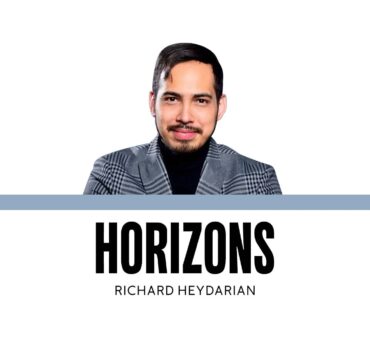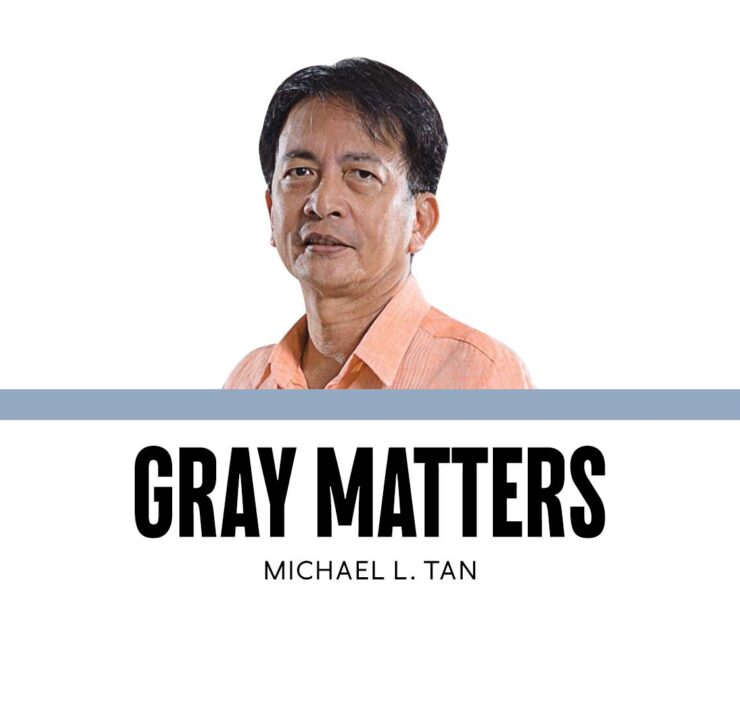Birthday ghosts?

What a month it’s been, with people asking me about the day of the Hungry Ghosts (which fell this year on Sept. 6). This year, too, I have gotten more inquiries about whether more Chinese are avoiding birthday celebrations in August and September, citing their proximity to the Hungry Ghosts Day/Month.
What surprised me was that the inquiries came from nonChinese, together with all kinds of precautions they’d read in newspapers: don’t travel, don’t go out at night (which delighted many parents of teenagers), don’t wear black, white, or red. In exasperation, I started sending out my advice: “The hungry ghosts are Chinese, so don’t worry because they only go after the Chinese.” (I wasn’t worried about fellow ethnic Chinese because we’re so used to all the precautions, which are taken whether we believe in the dangers or not, almost like it’s built into our muscle memory!)
The “ban” on birthday greetings and celebrations is another matter, something I haven’t heard mentioned in a long time, and it goes this way: if you’re old you shouldn’t make a big fuss celebrating or having people greet you because all the commotion will catch the attention of bad spirits or ghosts. (It’s the same word in Chinese whether spirits or ghosts.) These malevolent creatures then send out word to other ghosts (imagine them looking like zombies running around): “Hey, look, this senior citizen got away. Let’s get him/her.”
Pa-tay.
This year, the anxious inquiries got me to do some research as I recalled a report many years ago about findings published in a Hong Kong science journal. I could not find the report, but I remember that it covered a large population and found that death rates among males tended to go up as their birthdays approached, while females tended to survive beyond their birthdays.
Turns out there have been quite a number of studies in other countries on what is called “death postponement,” not just around birthdays but also during festive holidays: Christmas and New Year, Spring Festival or Chinese New Year, Jewish Passover, and watch out, the Chinese Autumn Moon Festival, which this year will be on Oct. 6. (Yes, I know it’s confusing, but the Chinese Lunar New Year’s dates move each year.)
The population samples analyzed in these studies range from a few thousand (for example, Taiwan) to large ones like one in Switzerland, with more than 2 million death certificates analyzed. Almost always, the researchers would point out that there seem to be differences in the death rates around birthdays and holidays, but that they could not be conclusive.
The reports’ analysis does follow some patterns, with a rise in deaths before a birthday or important holiday and then a decrease afterward. The patterns are attributed to more health risks being taken as birthdays and holidays approach: alcohol consumption, overeating, reckless driving. There’s also “birthday blues”—described in the Hong Kong study as depression from old age, poor health, unmet social expectations, or a feeling of not having accomplished enough. (I suspect this is more common among men who may have held high positions before retirement.)
A surge in deaths around Christmas and New Year is also blamed on air pollution and seasonal inadequacies in health care (lack of personnel because of the holidays).
The advice given in these journal reports is commonsensical: be more conscious about risky behaviors around holidays and birthdays, and look at triggers like loneliness. The Hong Kong study suggested that men are more vulnerable to feelings that they haven’t quite accomplished what they’ve wanted in life, while women look forward to birthdays and holidays because they are looking forward to seeing relatives, friends, and other loved ones.
It’s time that we conduct studies, too, in the Philippines, to explain fluctuations in deaths around birthdays and holidays, the former in particular, because birthdays are big in the Philippines. Too big, actually; people spend extravagantly on birthdays.
But even without research, let’s not worry about birthday and holiday ghosts. Instead, we should take risk reduction measures for the elderly, people with health problems, and those who are socially isolated. Birthdays and holidays are times when people will need more social support to ensure a truly happy birthday or holiday.
Oh, and one more safeguard this coming Moon Festival, the traditional mooncakes aren’t too healthy with their egg yolk, high sugar, and fat. Older people with cholesterol problems, heart disease, and diabetes should explore healthier alternatives without the egg yolk and those that use more plant-based ingredients (nuts and seeds, even fruits and vegetables).


















